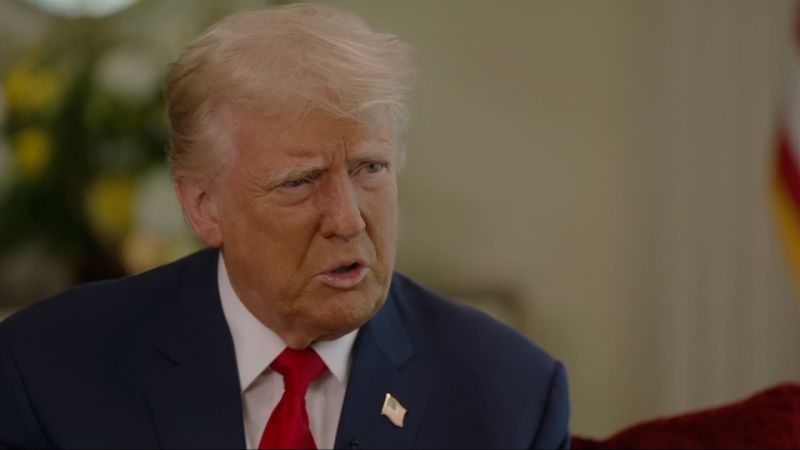During the interview, Trump made the controversial claim that Christians would not need to vote again after the 2024 election. This statement sparked a discussion between Cooper and Kinzinger about the implications of such a claim. Kinzinger, a Christian himself, expressed his disagreement with Trump’s statement and emphasized the importance of Christians participating in the democratic process through voting. He argued that it is the responsibility of all citizens, regardless of their religious beliefs, to vote in order to ensure a functioning democracy.
Trump’s statement about Christians not needing to vote again after 2024 can be seen as part of his ongoing efforts to perpetuate the false narrative of widespread voter fraud in the 2020 presidential election. Throughout his presidency and beyond, Trump has repeatedly claimed without evidence that the election was stolen from him. This rhetoric has been widely criticized as dangerous and damaging to the democratic process, as it undermines faith in the integrity of elections and could potentially incite violence or unrest among his supporters.
Cooper and Kinzinger also discussed the role of evangelical leaders in supporting Trump and his claims about the election. Kinzinger pointed out that some evangelical leaders have been complicit in spreading misinformation and conspiracy theories about the election, which has further fueled division and mistrust in American society. He called on these leaders to act with integrity and uphold the values of honesty and integrity that are foundational to the Christian faith.
Overall, the conversation between Cooper and Kinzinger highlighted the importance of upholding democratic norms and values, including the right to vote and the peaceful transfer of power. They emphasized the need for political leaders, including former President Trump, to be held accountable for their words and actions, especially when they undermine the legitimacy of the electoral process. By challenging Trump’s false claims and speaking out against misinformation, individuals like Kinzinger are working to defend the principles of democracy and ensure that all citizens have the opportunity to have their voices heard through elections.
In conclusion, Trump’s statement about Christians not needing to vote again after the 2024 election is part of a broader pattern of false claims and misinformation about the electoral process. By challenging these claims and advocating for the importance of voting and democratic participation, individuals like Kinzinger are working to protect the integrity of the democratic process and ensure that all citizens have the opportunity to participate in shaping their government. The conversation between Cooper and Kinzinger provides a valuable perspective on the need to uphold democratic norms and values in the face of misinformation and attempts to undermine the legitimacy of elections. It serves as a reminder of the importance of defending the right to vote and preserving the foundations of democracy in the United States.


